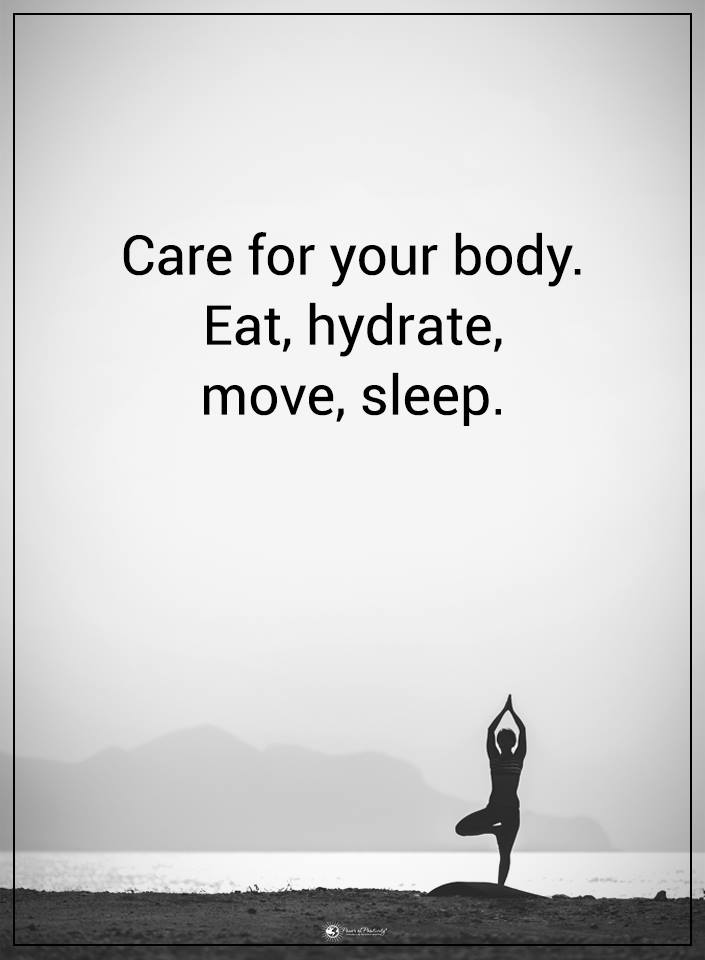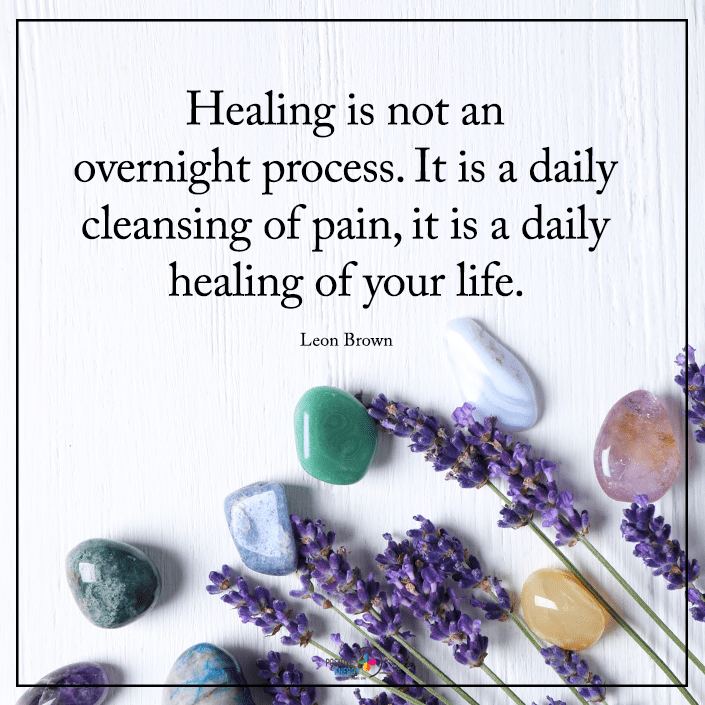If we are getting the right amount of sleep, then we are spending about a third of our day in bed. It’s the space in our lives that is most personal and intimate. It is one of the few places we can let our hair down and be our true selves without fear of judgment or criticism.
It’s fair to question what we can learn about someone from their bed. Well, the answer is a lot.
What Our Bed Reveals About Our Personality
Here is what your bed says about you.
 1 – Are You Happy or Unhappy?
1 – Are You Happy or Unhappy?
People that don’t make their bed are in the majority.
As reported in an article over at Psychology Today:
“In a survey of 68,000 people by Hunch.com, 59 percent of people don’t make their beds. 27 percent do, while 12 percent pay a housekeeper to make it for them. Here’s what disturbed me: 71 percent of bed makers consider themselves happy; while 62 percent of non-bed-makers admit to being unhappy. Bed makers are also more likely to like their jobs, own a home, exercise regularly, and feel well rested, whereas non-bed-makers hate their jobs, rent apartments, avoid the gym, and wake up tired. All in all, bed makers are happier and more successful than their rumple-sheeted peers.”
Bottom line, those of us who make our beds are happier, more productive, and more successful than those of us that don’t.
2 – Are You an Introvert or Extrovert?
The color of your space can help determine whether you are an introvert or extrovert. An introvert recharges their batteries and gets energized from spending time alone and in quiet. On the other hand, an extrovert gets their energies from others in a more social atmosphere.
Well, the colors that indicate the difference between an introvert and an extrovert seem to follow suit. A bedroom space surrounded by warm, colorful hues like oranges, yellows and cheerful and welcoming pinks suggests an extroverted personality. On the other hand, mild and neutral hues like blues, greens, and browns that give off a calming and tranquil vibe suggest more of an introverted personality.
3 – Are You Spontaneous or a Planner?
How a bed and bedroom space are arranged says a lot about how you go through your day and life in general. A more put-together space with everything in its place indicates an organized, in control, planner type of person. Conversely, a more chaotic, disheveled space where things appear to be thrown around supports someone who is more spontaneous and “goes with the flow.”
4 – Are You Modern or Traditional?
It’s pretty easy to determine whether you embrace modern, minimalist, technology-enhanced style choices or true to the traditional antique design. Just look around, and it will be hard to deny your preference.
What does a design aesthetic say about someone’s personality? Someone attracted to traditional design and color palettes wants to put down roots, values family and works hard to maintain a family-work balance.
Someone who selects a more contemporary and modern look for their bedroom space is often more adventurous, willing to change, and gets excited by the newness of things.
5 – Do You Seek Attention of Feel That Less Is More?
Feminine and bold colors indicate an outgoing personality who thrives at being the center of attention. On the other hand, a minimalist approach to the bedroom says the person is open-minded and direct.
It should come as no surprise that our choices in decor, color palettes, and even how we leave our bed in the morning can say a lot about who we are. We make those choices based on what we’re feeling and the experiences we’ve had.
As we grow and evolve, so does our personality, and to keep a dated look in the bedroom may be the cause of poor sleep, feelings of restlessness, and a lack of passion and intimacy. If our bedroom doesn’t fuel us, it may be time to rearrange and redecorate our space to fit our evolved style and personality.
 Final Thoughts on What Your Bed Says About You
Final Thoughts on What Your Bed Says About You
It might be as simple as starting to make our beds. Admiral William McRaven, US Navy, said this in his commencement speech at the University of Texas, Austin:
“If you make your bed every morning, you will have accomplished the first task of the day. It will give you a small sense of pride, and it will encourage you to do another task and another and another. By the end of the day, that one task completed will have turned into many tasks completed. Making your bed will also reinforce the fact that little things in life matter.”













